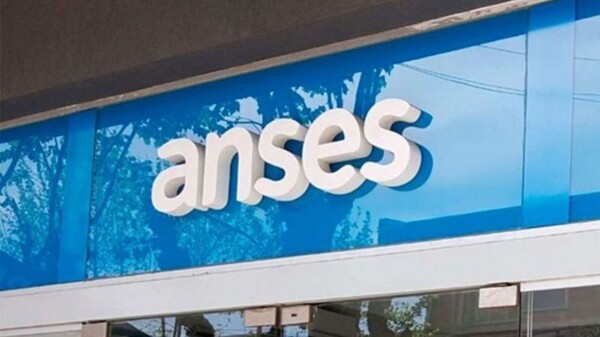
In the context of the discussion on currency lag, Javier Milei ruled out a new devaluation of the dollar in 2025 and assured that the exchange rate will fall sharply. In contrast, economist Juan Carlos De Pablo argued that one cannot completely rule out the possibility of a new jump in the exchange rate. Regarding the current exchange rate policy, De Pablo recommended making decisions without considering a devaluation jump as a guaranteed scenario.
De Pablo maintains that decisions should be made assuming different scenarios, whether with or without a devaluation, as omitting that planning can have negative consequences. He highlighted the importance of fiscal balance in economic policy and explained that nominal prices are influenced by various factors, such as long-term contracts, inflation expectations, and the resistance to price reductions. In a persistent inflationary context like that of Argentina, inflationary inertia reinforces price rigidity.
Argentina's economic history shows that the overvaluation of the peso can lead to balance of payments crises and abrupt exchange rate corrections, which emphasizes the need for rigorous analysis. Ignoring price rigidity and the importance of maintaining external competitiveness can lead to policy mistakes with significant consequences.
On the other hand, the Minister of Economy, Luis Caputo, has pointed out that the "dollar is not undervalued, but rather internal prices are ahead." This statement raises questions about which prices are ahead, to what extent, and how this is determined. Despite persistent inflation in Argentina, nominal wages have not undergone downward corrections, highlighting the rigidity of prices in the economy.
In summary, the debate on currency lag and the correction of relative prices amid high inflation remains a central theme in the Argentine economy. The need to consider different scenarios and maintain a policy that favors external competitiveness is presented as key to avoiding crises and economic imbalances.














